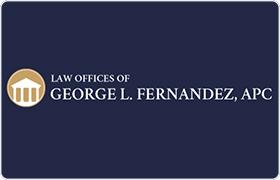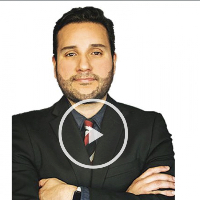North Hollywood Criminal Lawyer, California, page 6
Sponsored Law Firm
-
 x
x

Click For More Info:
-
Law Offices of George L. Fernandez APC
444 Ocean Blvd Suite 800 Long Beach, CA 90802» view mapCriminal Defense Law Passion. Experience. Diligence.
George L. Fernandez is dedicated to competently, thoroughly, and diligently represent the best interest of his clients in a professional and ethical matter at all times.
800-970-2821
FREE CONSULTATION
CONTACTMarvin S Lanter
Criminal, Personal Injury, Car Accident, Animal Bite
Status: In Good Standing Licensed: 48 Years
Rene Randy Gottlieb
Litigation, Family Law, Criminal, Business
Status: In Good Standing Licensed: 34 Years
Sevana Cholakian
Criminal, Accident & Injury, Employment, DUI-DWI
Status: In Good Standing Licensed: 12 Years
Scott Alexander Adrian
Criminal, Business, Personal Injury, Accident & Injury
Status: In Good Standing Licensed: 9 Years
 George Fernandez Long Beach, CA
George Fernandez Long Beach, CA Practice AreasExpertise
Practice AreasExpertise
